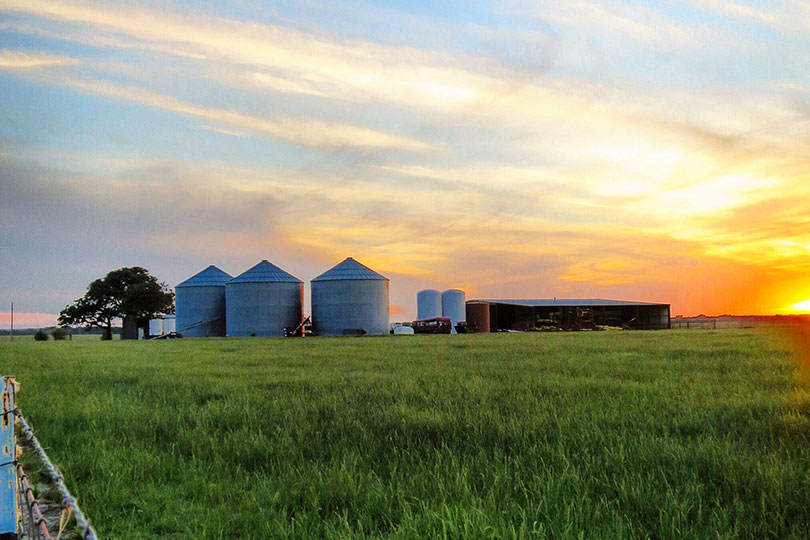By Julie Tomascik
Editor
A one-year extension of the 2018 Farm Bill was included in a continuing resolution bill passed by Congress and signed by President Joe Biden in mid-November.
The continuing resolution averted a government shutdown and keeps the government funded into the new year.
“Farmers and ranchers across the country depend on the farm bill, especially as they face unprecedented weather and staggering input costs. The last thing they need is a lapse in funding of this critical safety net,” Texas Farm Bureau (TFB) President Russell Boening said. “We thank the U.S. House and Senate Agriculture Committees for coming together to prevent any disruptions as they continue to work to pass a new farm bill.”
The extension ensures that programs such as Agriculture Risk Coverage, Price Loss Coverage and Dairy Margin Coverage continue in effect for the 2024 crop year.
In addition to the commodity programs, the continuing resolution includes $15 million in funding for feral swine eradication and $37 million for the Foundation for Food and Agriculture research.
The extension gives lawmakers until the end of 2024 to pass a new farm bill or another extension. But farm groups, including TFB and American Farm Bureau Federation (AFBF), urge lawmakers to pass a new bill soon.
“We strongly urge Congress to act swiftly, in a bipartisan fashion, on a new farm bill that achieves additional investments in crop insurance and other programs that help ensure our national food security,” Boening said.
The current farm bill was written before the coronavirus pandemic and before inflation spiked.
“We need programs that reflect today’s realities. So much work has been done by the agriculture committees in both the House and Senate over the past 18 months to prepare to craft a smart and effective farm bill. Congress must keep that momentum going,” AFBF President Zippy Duvall said. “While an extension is necessary, they’re running out of time to write a new bill. We need a new farm bill in early 2024.”
The farm bill is reviewed every five years to provide the opportunity to update programs to remain relevant to current market and economic conditions. The bill addresses farm program payments, food policy, conservation initiatives, rural development and more.


Leave A Comment